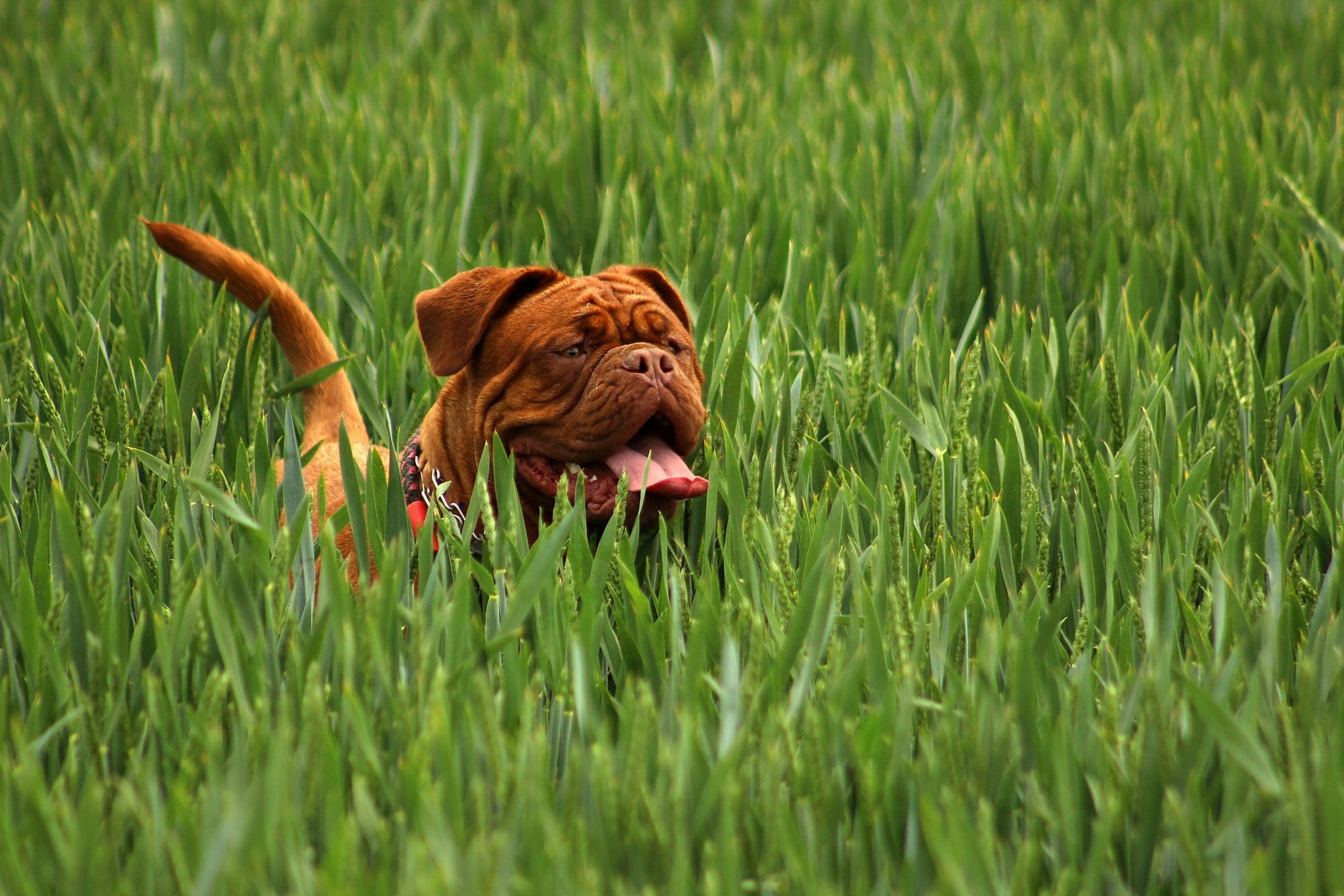Training a husky puppy is an exciting journey that comes with its own set of challenges. Known for their intelligence and energetic nature, these dogs can be both playful and strong-willed. While some may label huskies as stubborn, a thoughtful approach can lead to a well-behaved and affectionate companion. Understanding their unique traits allows for tailored training strategies.
High Energy Levels
Huskies were bred as working dogs, which means they require ample physical activity and mental engagement. Before diving into training, ensure your puppy receives plenty of exercise. Daily walks, games of fetch, or obstacle courses are great ways to tire them out. A tired pup is often more focused and eager to learn.
Establishing a Routine
Consistency is key when training a husky puppy. Setting specific times for feeding, potty breaks, and training sessions helps create a sense of structure. This routine not only prepares your puppy for what to expect but also alleviates potential separation anxiety when left alone.
Positive Reinforcement
Positive reinforcement is an effective training method for huskies. Rather than punishing undesirable behavior, reward your puppy for good behavior. Treats, praise, or extra playtime serve as excellent motivators. Celebrate their successes immediately to strengthen the association between the behavior and the reward.
Importance of Socialization
Socialization plays a crucial role in training. Exposing your husky puppy to various environments, people, and other animals helps shape their behavior and adaptability. Arrange playdates, visit dog parks, or take trips to pet-friendly stores. The more experiences they have, the more confident they will become, reducing fears or aggression.
Mastering Basic Commands
Basic commands are essential for any dog, especially huskies, who are naturally independent. Start with simple commands like “sit,” “stay,” “come,” and “down.” Keep training sessions short—around 5 to 10 minutes—to maintain your puppy’s attention. Use clear and consistent commands, and practice patience. If they struggle, revisit the basics and try again later.
Leash Training
Leash training is vital for husky puppies, as they can be strong pullers. Familiarize your puppy with a collar or harness before attaching a leash. Allow them to explore while you maintain control. Use treats to encourage walking beside you. If pulling occurs, stop until they return to your side, teaching them that pulling won’t get them where they want to go.
Potty Training
Establishing a potty training routine is crucial. Take your puppy outside frequently, especially after meals, playtime, or waking up. Praise and reward them when they go outside. If accidents happen indoors, clean them up calmly without scolding. Remember, they’re still learning, and punishment can lead to confusion.
Managing Natural Instincts
Huskies have a strong prey drive and enjoy chasing smaller animals. Teach your puppy the “leave it” command to help them ignore distractions. Use treats or toys during practice to keep their focus on you rather than their surroundings.
Incorporating Mental Stimulation
These intelligent dogs can become bored easily, so integrating mental stimulation into training is essential. Use puzzle toys, interactive games, and obedience training to keep their minds engaged. Teaching tricks like “roll over” or agility training can also strengthen your bond while providing mental and physical exercise.
Establishing Leadership
Huskies need to understand that you are the leader. This doesn’t mean being harsh, but rather consistent and fair in your training methods. Set clear boundaries for acceptable behavior, which will help your puppy feel secure and less likely to test their limits.
Building Trust
A strong relationship is crucial for effective training. Spend quality time playing, grooming, and simply being with your puppy. The more trust you build, the more responsive they will be. Regularly assess their progress and be open to adjusting your methods if something isn’t working.
Ongoing Training
As your husky puppy matures, continue reinforcing their training. Consistency remains important, and regular practice will help them retain commands and behaviors. Even as they reach adulthood, ongoing training and mental stimulation are vital for their happiness and well-being.
Addressing Behavioral Challenges
Challenging behaviors, such as excessive barking or chewing, may arise during training. Assess the situation to determine if these behaviors stem from boredom or lack of exercise. Ensure your puppy receives adequate physical and mental stimulation, and redirect their energy toward positive activities.
The Value of Training Classes
Consider joining a training class to benefit from professional insights tailored to your puppy’s needs. Such classes also provide opportunities for socialization with other dogs, which is essential for a husky’s development.
Embracing Individuality
Every husky is unique, with varying learning speeds. Embrace the journey and enjoy the training process. Celebrate every progress made, no matter how small, as each step is a move toward having a well-trained and content husky. Remember, patience and love are the cornerstones of a successful training experience.
Training a husky puppy is a rewarding endeavor. With their playful spirit and strong personalities, they can become loving and loyal companions. By understanding their needs, establishing routines, and employing positive reinforcement, you can successfully nurture your husky puppy into a thriving member of your family. Enjoy the journey and cherish the moments spent with your furry friend.



